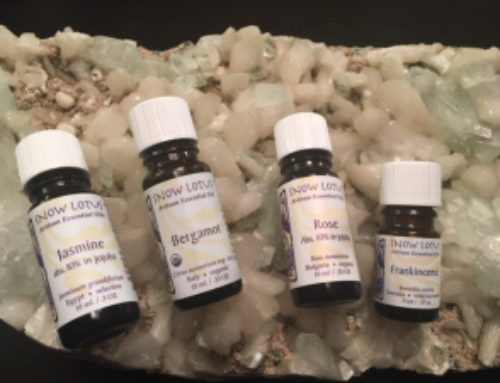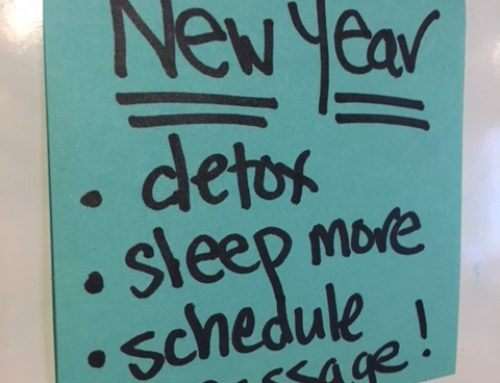By Candace McNaughton, ND
I am not an alarmist. But this is alarming. Through a subtle messaging campaign, the prescription of opiate medications has increased fourfold in the last ten years. Drug companies like the makers of OxyContin pay groups like the American Pain Foundation much of their annual income. The messaging came from the drug manufacturers through position statements, clinical guidelines, books, and seminars at conferences. Opiates are no longer just being used for severe post-surgical pain or pain associated with cancer or its treatment. They’re being prescribed for chronic pain issues like headaches, low back pain, and fibromyalgia. The gist of the message? Opiates aren’t addictive if used as prescribed, and there’s essentially no limit on dose. So prescribe away.
Except they are addictive. They cause tolerance (needing more to have the same effect) and addiction (going through withdrawal symptoms if you stop them suddenly). I see patients like this in my practice every day. Mothers who tearfully say they can’t take care of their kids while on Oxycodone. Construction workers who can’t work because they can’t drive, let alone operate machinery on the job while on these meds. I see kids who are still in school saying they were given no treatment options other than an opiate script and now they’re still in pain and falling asleep in school and scared of addiction.
The evidence isn’t out there to support the safety of opiates in chronic, long term use. Andrew Kolodny, MD of Physicians for Responsible Opioid Prescribing, says that 100,000 people died last year from opiates and millions more became addicted. Russell Portenoy, MD chairman of pain medicine and palliative care at Beth Israel Medical Center in New York says that there is not much evidence supporting the use of opioids in chronic pain, but that much of medicine is not based on rigorous science. These docs call out earnestly for more research on effective safe pain meds.
We are lucky that Washington state supports the use of medical Cannabis for debilitating pain when nothing else will work. Lower-THC strains allow people to be more clear-headed while having pain relief. Cannabis is not toxic or addictive. I hope the industry is listening.




Leave A Comment